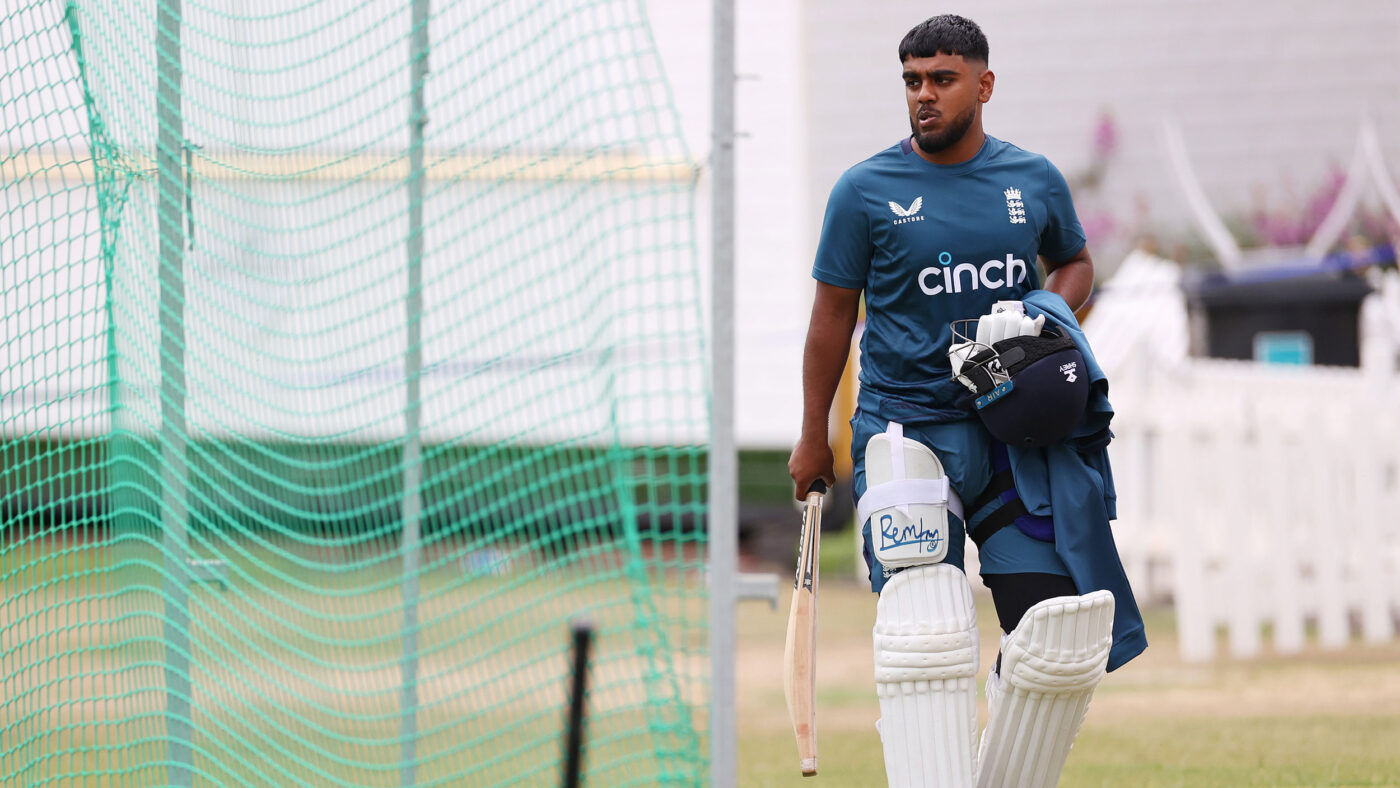What does the police killing of George Floyd in Minnesota have to do with cricket in England and Wales?
A great deal, according to a new independent report, which has concluded that racism is ‘widespread’ within the sport. According to Cindy Butts, Chair of the Independent Commission for Equity in Cricket (ICEC), the inquiry was set up ‘as a consequence of the broad reactive introspection generated by the public outcry following the tragic murder of George Floyd.’ There could hardly be a more obvious demonstration of the vacuous Americanisation of British politics and culture.
While the United States is still getting to grips with the legacy of slavery and segregation, the United Kingdom is arguably the most successful multi-racial democracy in the modern world – and a big reason for that is that our national heritage, of which cricket is an integral part, helps bring communities together.
The England men’s cricket team that won the 2019 ICC World Cup was diverse in terms of race, ethnicity, faith, class, and country of birth. The captain was Dublin-born Eoin Morgan and one of the best performers in the tournament was Barbados-born pace bowler Jofra Archer. The victorious XI that played in the final included Bradford-born Adil Rashid, a leg-spinner of Pakistani Muslim origin who has written his name in history as one of England’s greatest-ever bowlers in limited-overs internationals.
The question we should be asking ourselves is this: would all of this been possible if cricket is a sport blighted by widespread racial and ethnic discrimination – one defined by a ‘hostile environment’? Only a reasonably inclusive sport with results-focused organisations would facilitate England’s fruitful cricket world cup campaign in 2019 – one of the finest multi-racial achievements in the modern British sporting era.
The timing of the report’s publication is also unfortunate. Last week, England called up Nottingham-born teenager Rehan Ahmed for the second Ashes Test match at Lord’s. Of Pakistani Muslim heritage, Ahmed is England’s youngest-ever player across all three formats (Tests, 50-over internationals and T20). While it is important to root out discriminatory behaviours and attitudes in cricket, the doom-laden tone of the ICEC report threatens to alienate aspiring ethnic-minority players like Ahmed from the game they love – a sport that has seen Moeen Ali, Adil Rashid, Zafar Ansari, Haseeb Hameed and Saqib Mahmood all make their England Test debuts over the past decade.
To understand the deep ideological bias of the report, you need only look at its recommendations. They include terminating the Eton College v Harrow School and Oxford University v Cambridge University annual matches at Lord’s. Eton-Harrow is one of the longest-running sporting fixtures in the world, starting back in 1805. And if people are under the impression that is the match between privileged white-British public schoolboys, then I suggest that they have a look at this year’s scorecard – Harrow’s victorious skipper was Veer Patel. The removal of these historic fixtures, which are part of England’s sporting heritage, is not about bolstering diversity, equality, and inclusion in cricket – it is a form of cultural vandalism designed to antagonise the traditionalists of Marylebone Cricket Club (MCC) who live and breathe the game. A ‘traditional-progressive’ compromise would be maintaining these matches but opening up Lord’s to hosting tournament finals involving state-funded schools and colleges. It need not be zero-sum – it is possible to both preserve traditions and foster a more inclusive game.
This is not to say that English cricket is perfect – it is not. There remain significant class-based barriers to wider participation in the grassroots game. There is certainly a debate to be had about funding for cricket-related facilities and relatively expensive forms of equipment in working-class communities of varying racial and ethnic compositions. Cricket is an especially technical sport that requires very specific training, and that doesn’t come cheap. All this needs to be contextualised in the ongoing cost-of-living crisis.
To revive and sustain a love for cricket in some working-class communities will be a real challenge – especially when the game now trails behind football in terms of popularity among many young people (including black Brits who have players like Marcus Rashford and Bukayo Saka from humble backgrounds to look up to). For some working-class kids, their shot at making real progress in the game is through a scholarship at a private school – and some who are in the diversity and inclusion business should not treat this as some kind of unforgivable sin.
Along with increased government support for the game, I would like to see greater multi-agency efforts to increase opportunities for young inner-city talent to play competitive school matches at the country’s great city-based grounds – such as Lord’s, Edgbaston, Old Trafford, Trent Bridge and Headingley. These grounds may well be on their doorstep, but may feel out-of-reach – that should change.
In the pursuit of a more inclusive game, we should harness the power of cricket to cultivate social cohesion in our communities – not be part of its ideologically-driven vilification.
Click here to subscribe to our daily briefing – the best pieces from CapX and across the web.
CapX depends on the generosity of its readers. If you value what we do, please consider making a donation.


